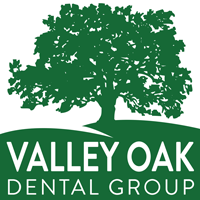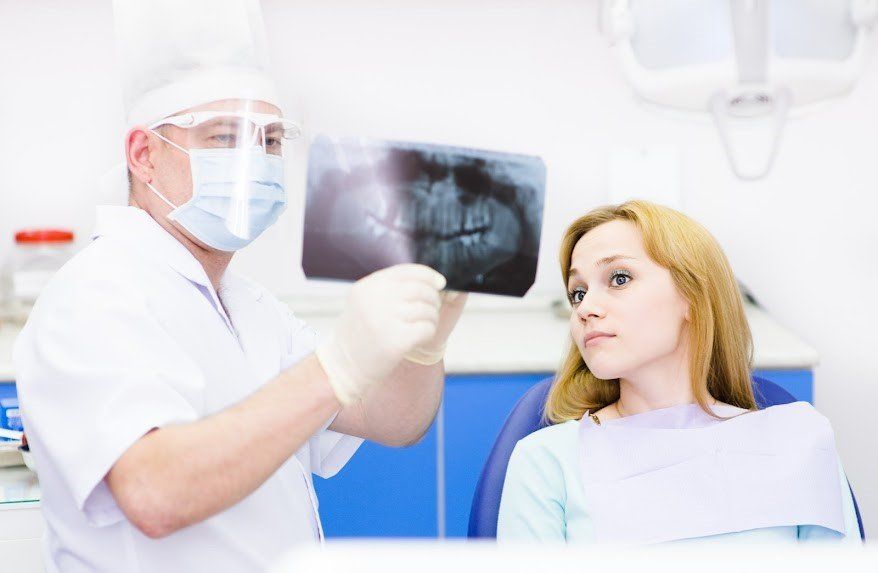Valley Oak Dental Group
Whether you opted into your employer-sponsored dental insurance coverage for the first time in 2019 or you have had dental insurance for years, you may not be maximizing your dental benefits as much as you can. The end of the calendar year is quickly arriving, so check your dental insurance policy to see if your dental benefits reset at the beginning of the new calendar year, because most do.
The end of the year is a prime time to obtain dental procedures before you yet again have to meet your dental insurance deductible, especially if you have not yet met your dental policy’s maximum annual benefit. Read on to learn more.
Maximizing Your Dental Insurance Benefits
Here’s how you should use up your dental benefits at the end of the year to maximize your return on your investment in dental insurance premiums.
Obtain Your Bi-Annual Dental Exam and Cleaning
Most dental insurance policies cover 100 percent of the cost of two dental exams and teeth cleanings each year. If you only obtained one exam this year and are tempted to skip your second, then don’t. Your dentist will remove hardened tartar from your teeth during your dental cleaning that can contribute to the development of cavities and gum disease that can be costly to treat.
In addition, many dental problems are near impossible to detect at home, making your dentist’s oral exam extremely important. If your dentist catches a cavity that has formed or realizes you need a more extensive and pricey dental treatment, then you can arrange to obtain this treatment before the calendar year resets to help meet your annual maximum benefit and before another deductible is required.
Ask Your Dentist About Multi-Phase Procedures
If you have been intentionally delaying obtaining a pricey dental procedure, because the cost of this treatment exceeds your maximum annual benefit, then ask your dentist if this treatment can be completed in phases. Splitting your dental treatment into phases at year’s end can often help you maximize your dental insurance benefits.
For example, if you need a root canal and crown, then your dentist may be able to perform the root canal procedure and bill your insurance company shortly before the end of the year. Then, they can add the necessary crown to your tooth after the beginning of the new calendar year. This will allow the cost of the crown to be covered by the next year’s annual maximum benefit if the cost exceeds the current year benefit.
Using Your Remaining FSA Dollars for Dental Needs
Now is also the time to look at your Flexible Spending Account (FSA) balance and determine if your remaining funds will roll over into the next calendar year or not. Many employers do not allow employees to roll over FSA funds, making it important to use them before the end of the calendar year.
Many people lose their FSA account dollars at the end of the year unnecessarily due to simply not understanding the numerous ways these funds can be utilized.
Although it may sound surprising, FSA dollars can be used to cover the following:
Dental Deductibles and Co-Pays
If you think FSA dollars only cover healthcare equipment, then think again. FSA dollars can typically be used to cover both dental coinsurance payments and deductibles. Remember this tip to help reduce your dental out-of-pocket expenses immensely.
Dental Transportation
Whether you take public transportation to the dentist, a taxi-cab, or drive your own car, FSA funds can be used to cover dental transportation costs. If you drive your own vehicle to the dentist, you can obtain reimbursement of 20 cents per mile driven. However, you can obtain complete reimbursement of the cost of a taxi-cab ride or a ride share service.
Dental Implants
Unfortunately, dental implants are still not typically covered by most dental insurance policies due to these devices not typically being medically necessary. However, you can obtain reimbursement from your FSA for the cost of these devices and the professional fees associated with obtaining them.
Denture Supplies
Your FSA dollars cannot be used to purchase toothpaste or floss since these are considered general health supplies. However, they can be used to cover the cost of denture cleaning supplies and sealants, since these products are used to maintain a piece of dental equipment.
Orthodontic Supplies
Dental supplies unique to those who wear braces, such as orthodontic wax and elastics, can also be added to your FSA reimbursement claim. Just as with denture supplies, these items are considered important for the maintenance of dental equipment.
Dental Mouth Guards
While FSA dollars cannot be used towards custom-made mouth guards designed for use during sports play, they can be used to cover the cost of a dental mouth guard designed for nighttime teeth-grinding protection or TMJ treatment. Sports mouth guards are not covered due to the IRS determination that they help protect general health and are not official medical supplies.
Now that the calendar year is quickly coming to an end, be sure to maximize your dental insurance policy benefits and use up your FSA dollars before your account is reset. Contact the staff at
Valley Oak Dental Group to schedule a dental exam and necessary dental treatments now.
Search Post
Recent Posts
Valley Oak Dental Group offers a variety of experienced dentists for your convenience. Get all your dental care in Manteca, CA with us.
Office Hours
Monday 8:00 am - 5:00 pm
Tuesday 6:00 am - 7:00 pm
Wednesday 8:00 am - 8:00 pm
Thursday 6:00 am - 5:00 pm
Friday 6:00 am - 5:00 pm
Every 3rd Saturday 8:00 am - 4:00 pm
Sunday Closed
Oral Surgery Hours Click Here
© 2023 Content, including images, displayed on this website is protected by copyright laws. Downloading, republication, retransmission or reproduction of content on this website is strictly prohibited.
Terms of Use
|
Privacy Policy
|
Disclaimer
|
Accessibility |
HIPAA
Website Built by
BROADPROXIMITY








